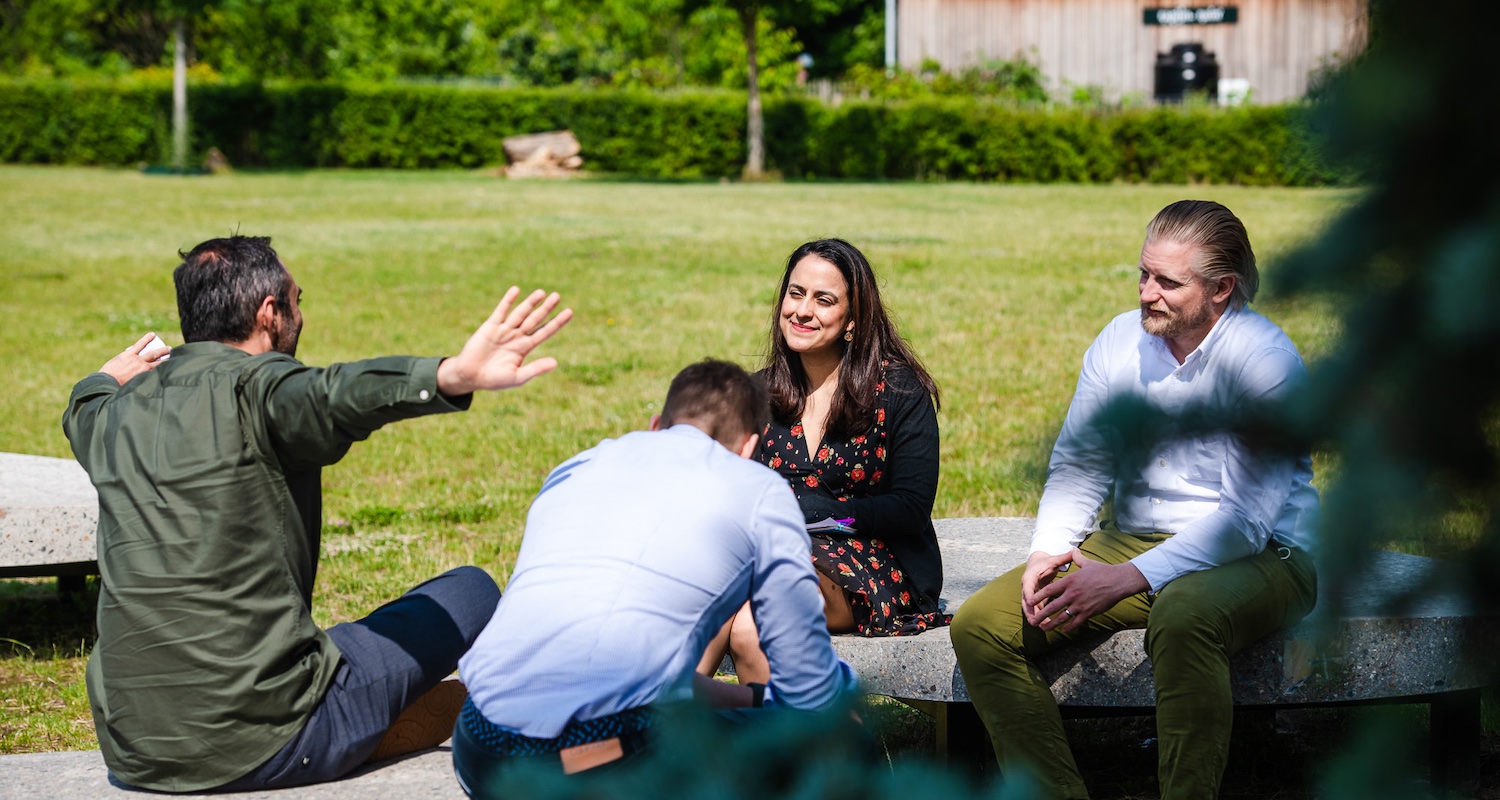MBA programmes usually pay a lot of attention to the ‘P’ of ‘Profit’. The MaastrichtMBA programme goes one step further and has integrated a strong focus on the P’s of ‘Planet’ and ‘People’ in the curriculum. “This way, the education programme is more balanced, and our students can contribute to a better climate and to other social challenges we face,” says MBA Captain Dr. Boris Blumberg. Accordingly, MaastrichtMBA programme recently managed to rank second worldwide in the Corporate Knights Better World MBA ranking 2021.
Social entrepreneurship
The education of the MaastrichtMBA programme is aimed at making students aware of their responsibility as individuals, from the perspective of the organisation for which they work and with a view to the outside world. This is expressed, for example, through the contributions of Dr. Jarrod Ormiston, who specialises in Social Entrepreneurship. “We encourage our students to think about how they can contribute to solving all kinds of social issues through sustainable and innovative entrepreneurship. For example, how can refugees contribute to our society?”, says Ormiston. “We do not only look at the hard business, but also have an eye for the ‘soft’ side of these types of processes.”
Euros and Ethics
“I always say: creating value is so much more than just making money,” says Harry Hummels, professor of Ethics, Organisation and Society and respected member of the MaastrichtMBA teaching faculty. “I take great pleasure in confronting students with ethical and moral aspects of sustainable investing. Ultimately, it is about the quality of our lives now, and that of the generations after us. If we want to handle our accumulated capital with care, but also dare to delve into what exactly well-being entails and what we are willing to pay for it, we can also contribute to a better world in that way.”
Sustainable business models
The state of the natural environment was also discussed extensively at the recent Glasgow Conference. How can we stimulate companies to contribute to a circular economy, in which products last as long as possible, in which as little waste as possible is produced, in which products are reusable, raw material waste is prevented and waste can be reused as a raw material. “This is not only good for the environment, but also for the economy,” says Professor Nancy Bocken, who introduces her MBA students to the Sustainable Business field through her teaching and research. “In addition to efficiencies that save cost and resources simultaneously, we also need to slow and close resource loops, and focus on regenerating damaged ecosystems through new sustainable business models. Our MBA students are trained to work with these challenges in their respective organisations.”


